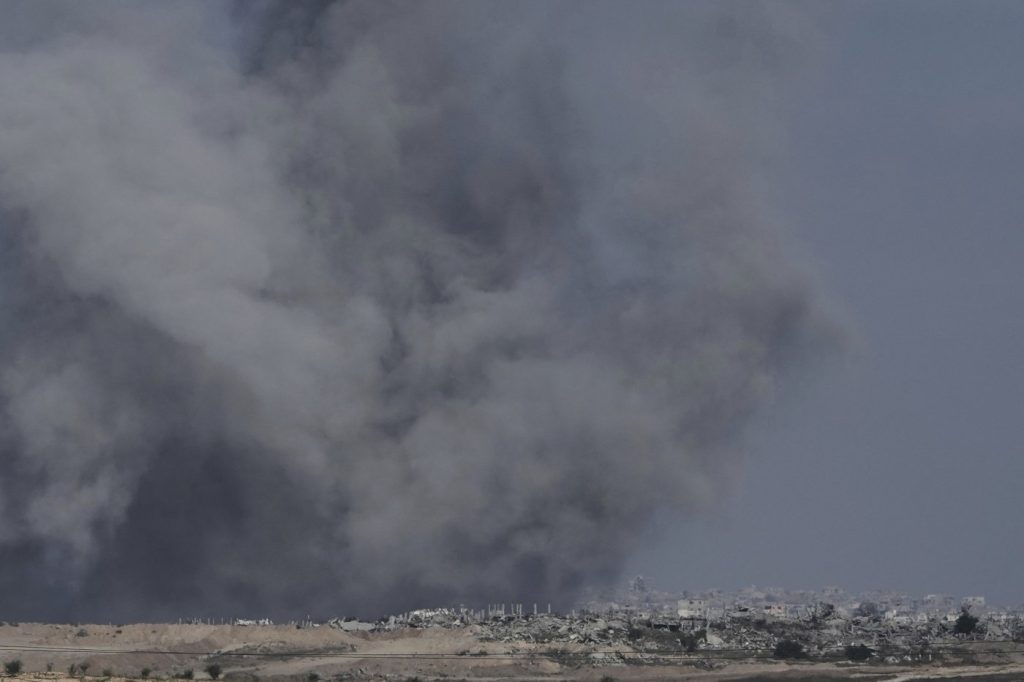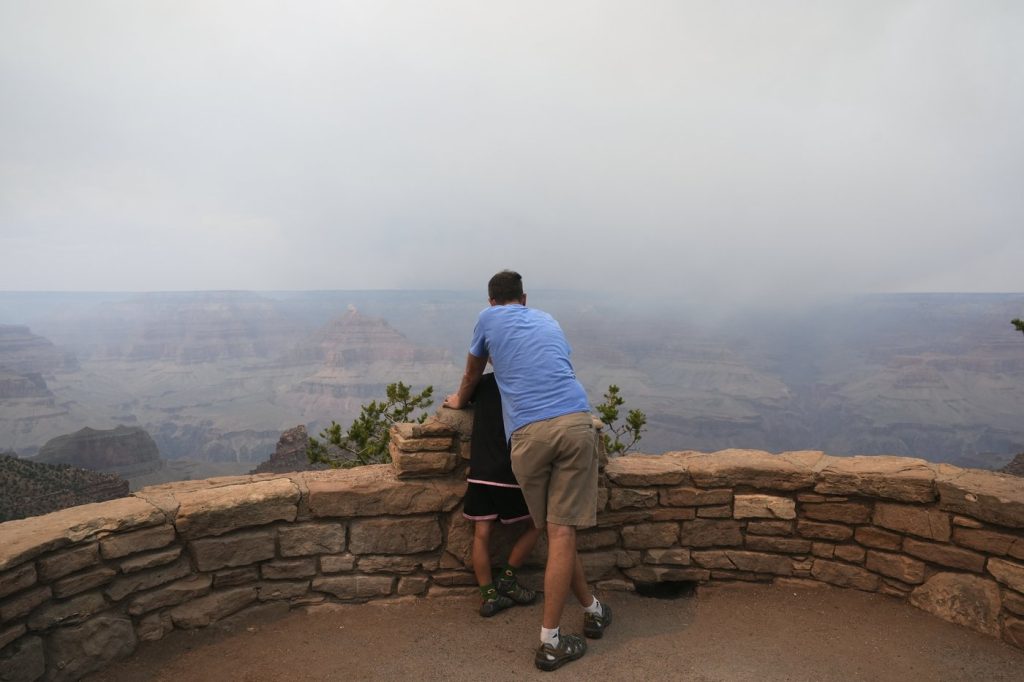DEIR AL-BALAH, Gaza Strip — Israeli airstrikes overnight targeted multiple locations across the Gaza Strip, resulting in at least 31 fatalities, as reported by local hospitals. The ongoing violence comes amid warnings from U.N. agencies about a critical fuel shortage that threatens to destabilize hospitals and essential services in the region.
The recent attacks followed two days of discussions between U.S. President Donald Trump and Israeli Prime Minister Benjamin Netanyahu aimed at negotiating a ceasefire and the release of hostages. However, these talks ended with no apparent breakthroughs, emphasizing the continued volatility and uncertainty surrounding the conflict.
Among the reported deaths, Nasser Hospital in Khan Younis indicated that twelve individuals were killed in southern Gaza, including three people who were waiting at an aid distribution point. In Gaza City, Shifa Hospital recorded twelve fatalities, including three children and two women, following a series of strikes in northern Gaza. Additionally, Al-Awda Hospital reported seven casualties and 11 injuries from strikes in central Gaza.
The Israeli military maintains that its operations are aimed exclusively at militants, asserting efforts to minimize civilian casualties. The military accuses Hamas of endangering civilian lives by operating within densely populated areas. In a separate incident, three Israeli soldiers were killed in northern Gaza, reportedly due to an explosion from an anti-tank missile that struck their tank; the military is currently investigating the specifics of this incident.
U.N. agencies, including the World Food Programme (WFP) and the World Health Organization (WHO), have reiterated urgent warnings about the fuel crisis that could precipitate a complete halt of operations. They noted that without adequate fuel, hospitals are losing power and ambulances are immobilized. The delivery of about 150,000 liters of fuel last week was insufficient to meet the daily requirements necessary for sustaining essential services.
The agencies emphasized the necessity for sustained and sufficient fuel deliveries to facilitate life-saving operations in Gaza. Their collective statement underscored that the consequences of the fuel shortage would severely impact transportation, water production, sanitation, telecommunications, and food supply operations.
Israel's military reported the death of Muhammad Nasr Ali Quneita, a senior Hamas militant responsible for participating in the October 7 attacks and holding hostages, including Emily Damari, a dual Israeli-British citizen. The aftermath of that attack resulted in approximately 1,200 deaths, with militants abducting 251 individuals. While some hostages have been released through ceasefire agreements, around 50 remain unaccounted for, with fewer than half believed to be alive.
According to Gaza's Health Ministry, Israeli military offensives have claimed the lives of over 58,000 Palestinians, with women and children constituting more than half of those reported dead. The figures provided by the ministry, which is affiliated with Hamas, are viewed by the U.N. and other experts as the most credible count of casualties amid the ongoing conflict.
The extensive air and ground operations have devastated large areas of Gaza, displacing around 90% of the population. Aid organizations have faced significant hurdles in delivering food and necessary assistance due to military restrictions and deteriorating law and order, with experts warning of a potential famine in the territory.
In a political development, Israel's Knesset voted on a measure to expel Ayman Odeh, a prominent Arab lawmaker, though the motion failed to secure the required 90 votes in the 120-member assembly. Odeh faced criticism for a social media post in January that praised the release of both Israeli hostages and Palestinian prisoners in a ceasefire arrangement. The legislation targeted Odeh due to his perceived support for what critics labeled as terrorist activities, which he has firmly denied. Many Palestinian sympathizers, however, regard those imprisoned by Israel as freedom fighters resisting prolonged occupation.
Israel's Arab minority, which constitutes around 20% of the population, possesses citizenship rights, including the right to vote. Nonetheless, they continue to experience widespread discrimination, often aligning more closely with the Palestinian struggle, which further deepens mistrust among the Jewish population towards Arabs in Israel.












